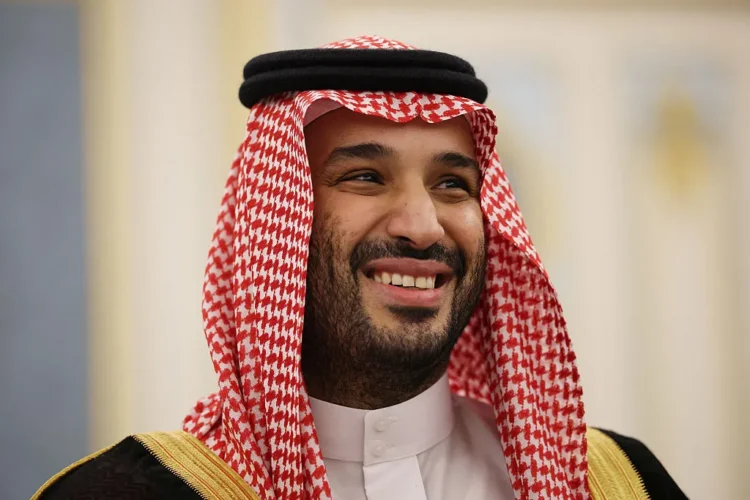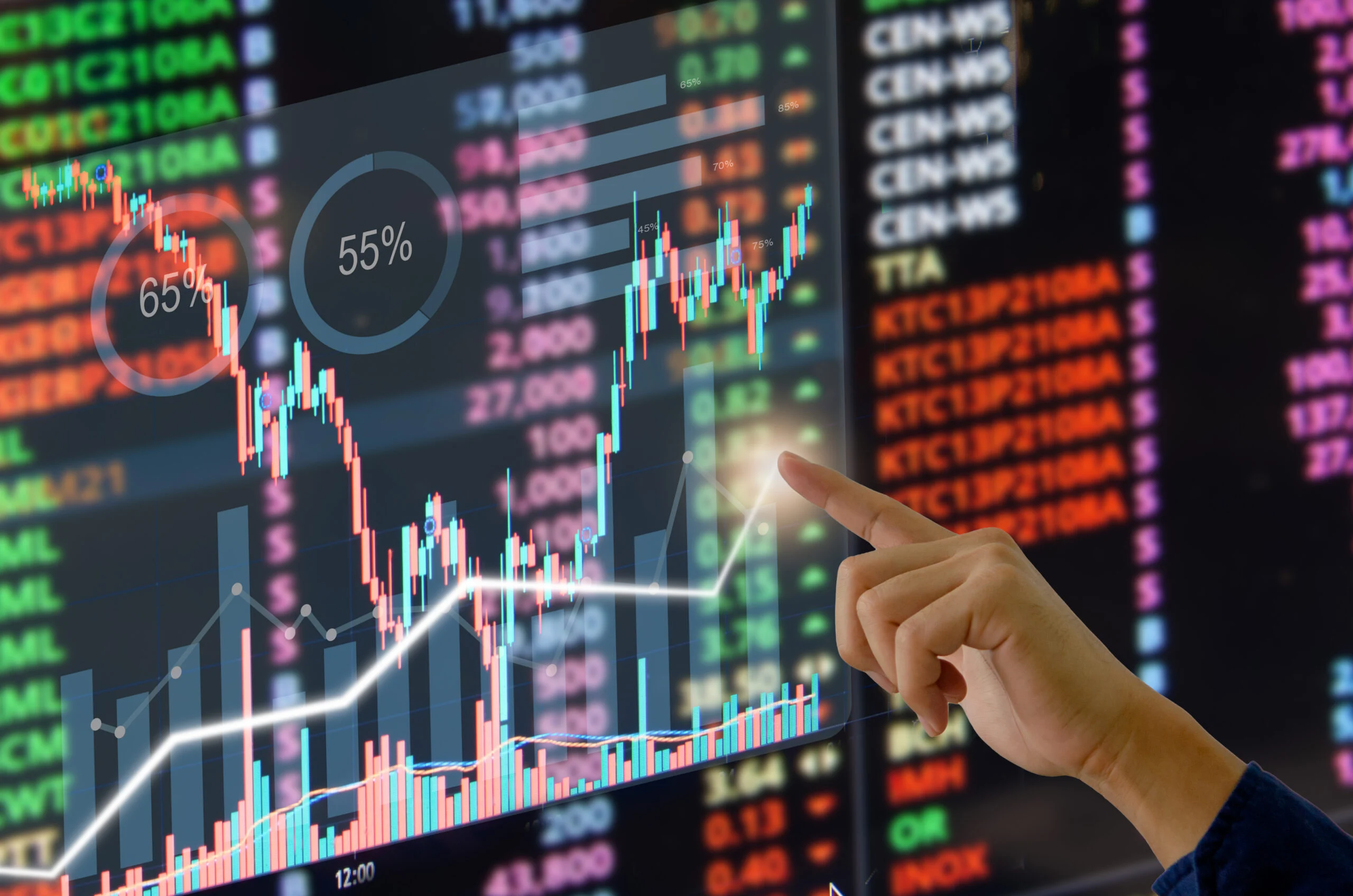Publisher: Maaal International Media Company
License: 465734
(Moneyweek) UK: Saudi Arabia a “Force for Order”
The British investment magazine Moneyweek examined the changes that the Kingdom has witnessed over the past decade, considering that radical changes have occurred in important aspects during the ten years since King Salman assumed power and since Prince Mohammed bin Salman became Crown Prince.
The London-based magazine addressed the changes that have occurred in both the social and economic spheres, noting the empowerment of women to enter the labor market. The magazine also supported what The Economist had previously stated, describing Saudi Arabia as a “force for order” and a “stabilizing influence in the Middle East.” It noted Riyadh’s role in mediating conflicts in the Middle East, having advised restraint in the conflict in Yemen. According to the magazine, it is open to better relations with both Iran and Israel and has assisted the new Syrian government by repaying some of its debts. The magazine noted that the Crown Prince’s stated mission under Saudi Vision 2030 is to transform the Kingdom from an oil-dependent country into a diversified 21st-century economy with a thriving private sector, preparing it for the post-oil era. However, the reality is that despite the initiation of these plans, much remains to be done. Oil’s share of the economy also remains high, although it fell from 36% of GDP in 2016 to 26% last year, according to official figures.
However, other estimates put the share much higher. Once all economic activities related to oil and gas extraction are included, nearly half of the Saudi economy (48%) relies on hydrocarbons, according to the World Economic Forum, and oil still accounts for between 60% and 75% of government revenue.
اقرأ المزيد
According to International Monetary Fund forecasts, the Kingdom needs a global oil price above $90 per barrel to balance its budget. Prices are currently just above $60 and are not expected to rise significantly this year. Goldman Sachs has lowered its oil price forecast for the end of 2025 to $60 per barrel for Brent crude and $56 next year. If prices remain around $62 this year, Saudi Arabia’s 2024 budget deficit of $30.8 billion will double to around $70 billion to $75 billion.
According to Farouk Soussa, Goldman Sachs’ chief economist for the Middle East and North Africa, “This means more borrowing, possibly more spending cuts, possibly more asset sales, or all of the above, and this will have an impact on domestic and perhaps even international financial conditions.” What about debt? Lower oil prices are worrisome, but they won’t precipitate a debt crisis.
At the end of last year, Saudi Arabia’s debt-to-GDP ratio was just under 30%, a modest figure compared to countries like the United States (124%) or France (111%). Riyadh still has ample room to borrow. However, the market will struggle to absorb $75 billion in debt issuance, and the Saudis will have to look for other solutions.
Regarding spending cuts, many regional economists believe that some of the most attractive projects, such as the futuristic mega-city NEOM, will be further curtailed. Other similar projects, estimated to cost $900 billion by 2030, include 50 luxury hotels along the Red Sea, a desert ski resort, and the world’s largest building in Riyadh. There is also the potential for further domestic asset sales, including stakes in state-owned Saudi Aramco and SABIC.
Booming Sectors
Perhaps the most significant of these projects is the government’s efforts to promote new industries, from tourism to the automotive industry. At the same time, civil servants are rewriting rules on everything from social status to foreign investment, with more than 600 reform packages underway. The liberalization of mortgage lending means a boom in the construction sector. The retail and hospitality sectors are growing rapidly, as is tourism, which has seen a significant increase. One ambition is to consolidate its strength in artificial intelligence and data centers. Saudi Arabia’s new state-owned artificial intelligence company, Human, has signed deals worth $23 billion with American technology groups, including Nvidia, AMD, Amazon Web Services, and Qualcomm, according to its CEO.
It has also launched a $10 billion venture capital fund, spearheading the Kingdom’s efforts to become a global AI hub. It is currently in talks with American groups, including OpenAI, Elon Musk’s xAI, and Anderson Horowitz, about its plans.
But alongside these lofty ambitions are more concrete goals—among them improving the country’s education system and attracting the expertise needed to boost emerging sectors, including the automotive, semiconductor, and renewable energy industries.








